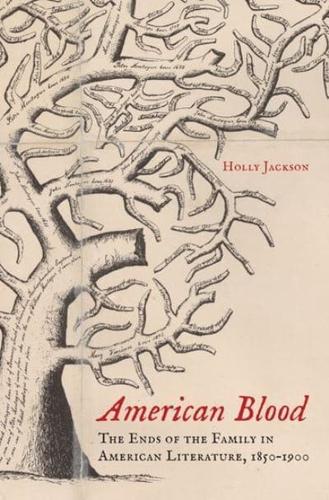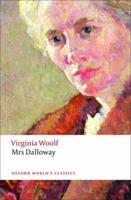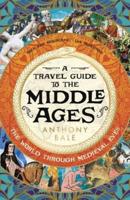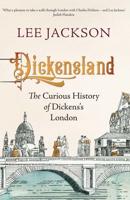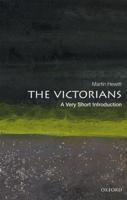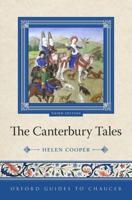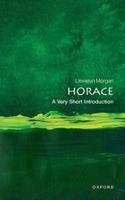Publisher's Synopsis
The conventional view of the family in the nineteenth-century novel holds that it venerated the traditional domestic unit as a model of national belonging. Contesting this interpretation, American Blood argues that many authors of the period challenged preconceptions of the family and portrayed it as a detriment to true democracy and, by extension, the political enterprise of the United States. Relying on works by Harriet Beecher Stowe, Nathaniel Hawthorne, William Wells Brown, Pauline Hopkins, and others, Holly Jackson reveals family portraits that are claustrophobic, antidemocratic, and even unnatural. The novels examined here welcome, in Jackson's reading, the decline of the family and the exclusionary white-privileging American social order that it supported. Embracing and imagining this decline, the novels examined here incorporate and celebrate the very practices that mainstream Americans felt were the most dangerous to the family as an institution-interracial sex, doomed marriages, homosexuality, and the willful rejection of reproduction. In addition to historicized readings, the monograph also highlights how formal narrative characteristics served to heighten their anti-filial message: according to Jackson, the false starts, interpolated plots, and narrative dead-ends prominent in novels like The House of the Seven Gables and Dred are formal iterations of the books' interest in disrupting the family as a privileged ideological site. In sum, American Blood offers a much-needed corrective that will generate fresh insights into nineteenth-century literature and culture.
